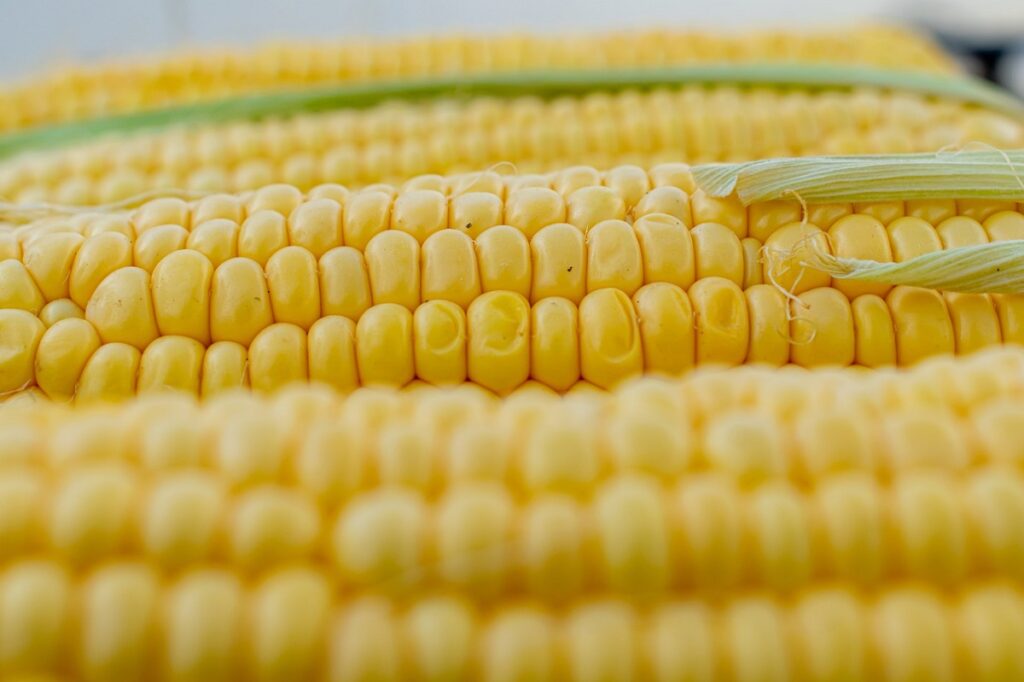Last week, Reuters reported that Doug McKalip, the new U.S. Trade Representative’s (USTR) Chief Agricultural Trade Negotiator, told Mexico that it has “until Feb. 14 to respond to a U.S. request to explain the science behind Mexico’s planned bans on genetically modified corn and glyphosate herbicide.”
Under a 2020 presidential decree, Mexico plans to phase out biotech corn imports in 2024, a move expected to reduce corn imports from the United States by half. Mexico’s plan has been widely criticized by U.S. government officials, farmers, and the biotech industry.
As Bio.News previously reported, the ban “acts as a trade protectionist measure” against farmers in the U.S. and other exporting countries.
“The U.S. request came in a previously unreported letter sent by the USTR on Jan. 30 to Mexico’s economy ministry seeking scientific evidence behind the bans and risk assessments backing the decisions, which are required under the trade agreement launched in 2020,” Reuters explains in their exclusive.
Mexico “rejected 14 separate agricultural product traits that were submitted to them and they did not provide any justification,” McKalip told Reuters. “We want to make sure that they do the science, show their work, and make decisions based upon risk assessments.”
BIO previously called for Mexico to reverse its corn ban
The Biotechnology Innovation Organization (BIO) has been saying this—urging Mexico to reverse its decision and return to timely and science-based risk assessments of biotech traits for agricultural products, consistent with the U.S.-Mexico-Canada Agreement (USMCA).
BIO reiterated its calls for the U.S. government’s actions, telling Reuters it supports the administration “taking enforcement action on Mexico’s treatment of agricultural biotechnology” if dialogue fails.
A legal step toward reversal
“The letter marks a legal step in this direction, and further steps include seeking formal consultations over the dispute or asking for a dispute settlement panel to determine whether Mexico’s policies violate the trade deal,” explains the Reuters report.
“We’ll see what those responses contain. And then, based upon where we are in that process, figure out next steps to try to resolve the situation,” McKalip said. “We are very much laser-focused on this.”
As Bio.News has reported, Mexico imports over 17 million tons of corn from the United States annually, up to 20% of which is used for food. A prohibition would have a significant impact on American farmers since, according to the USDA, around 90% of U.S. corn is genetically modified.




